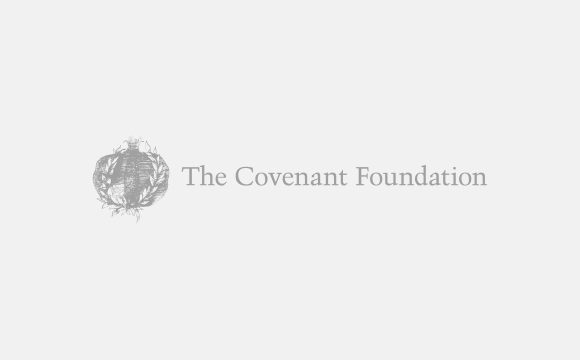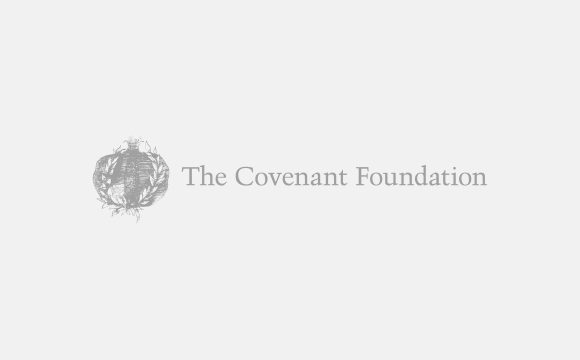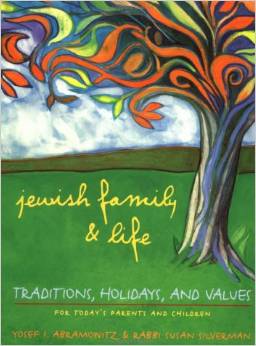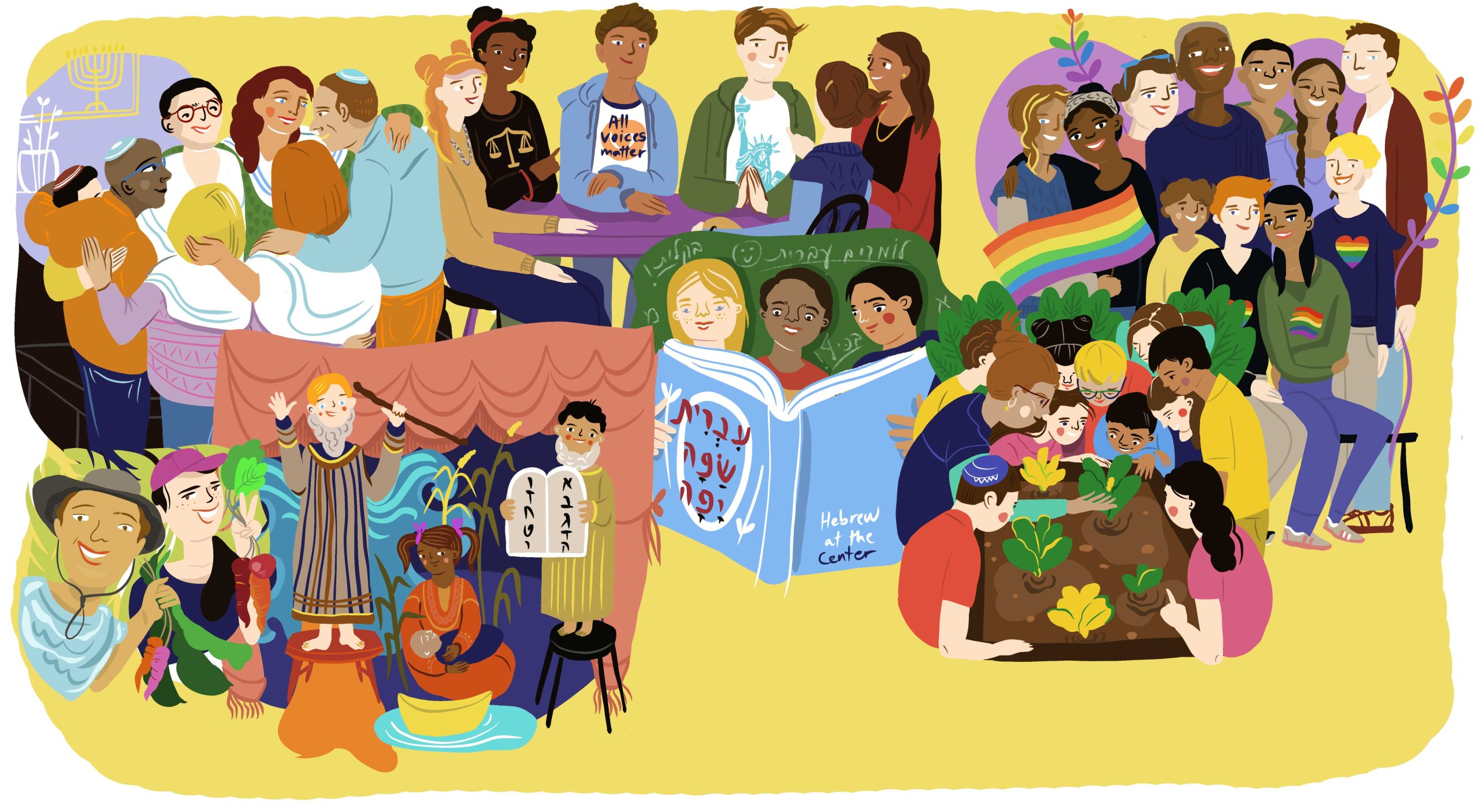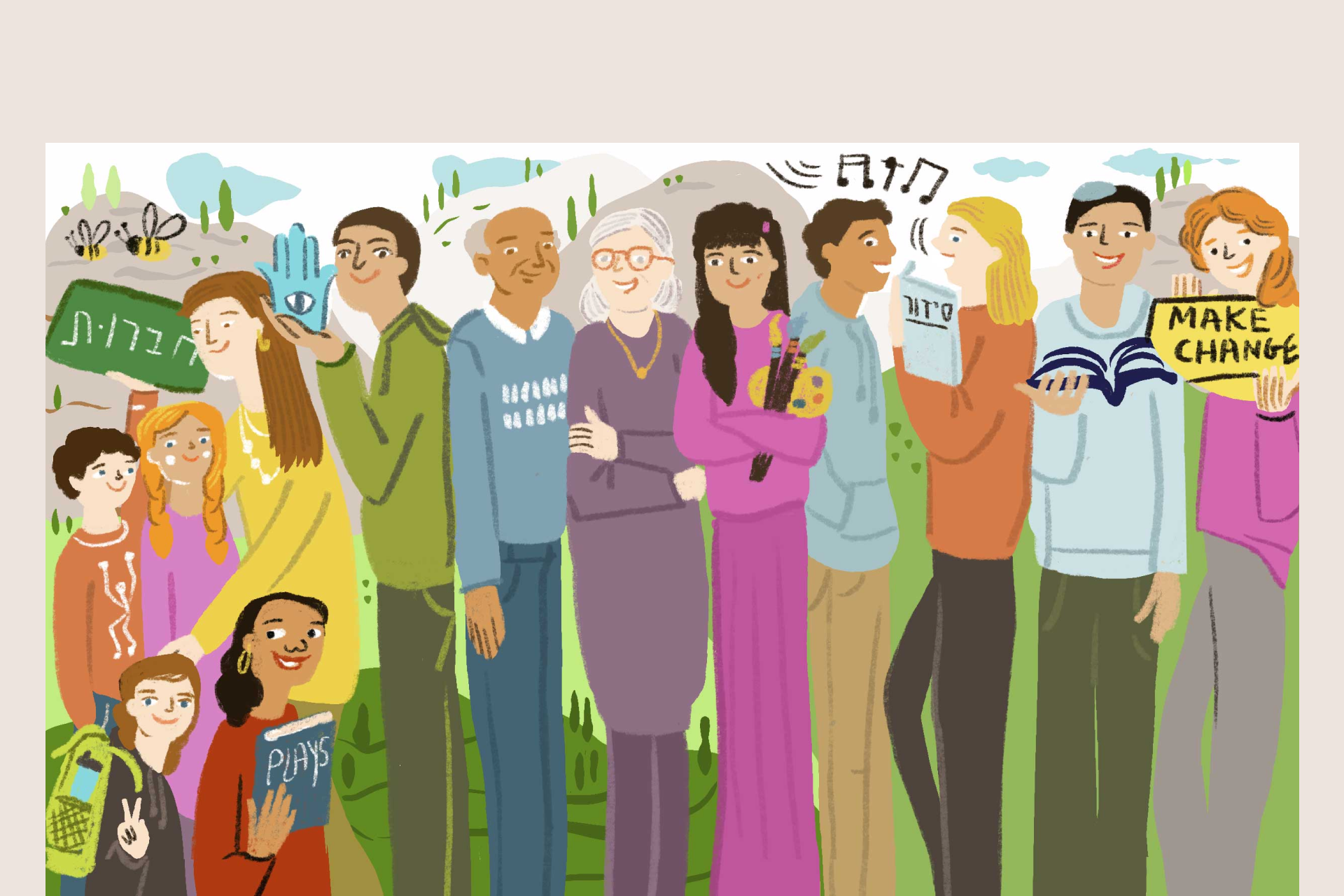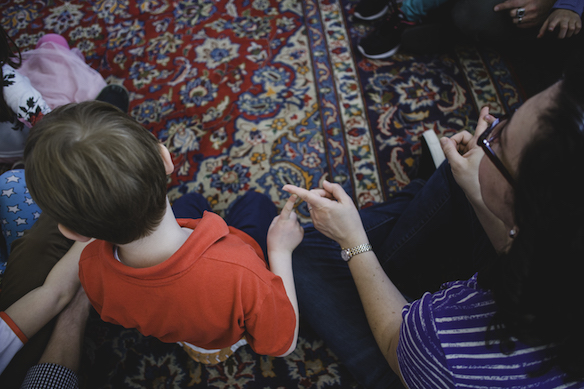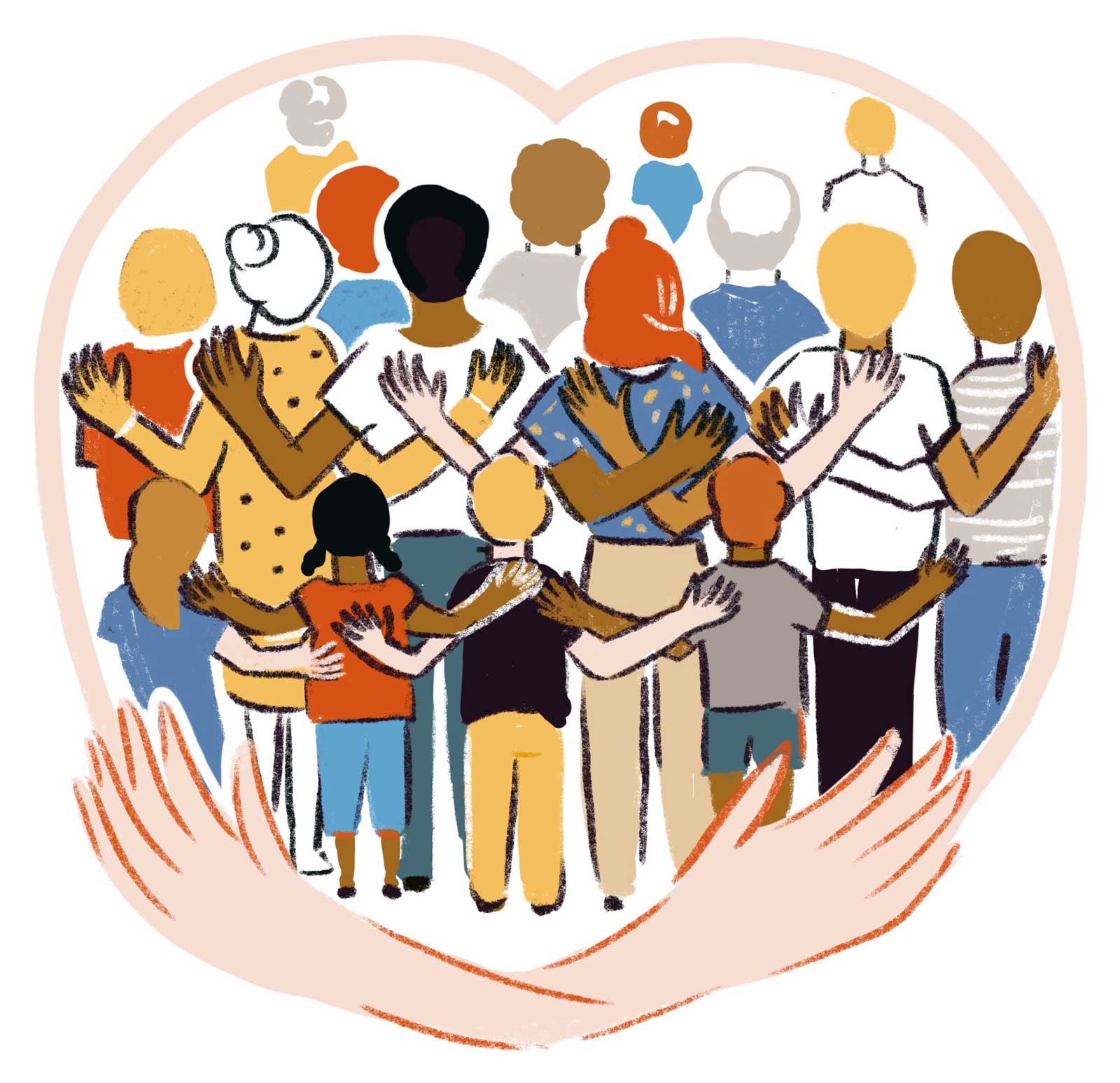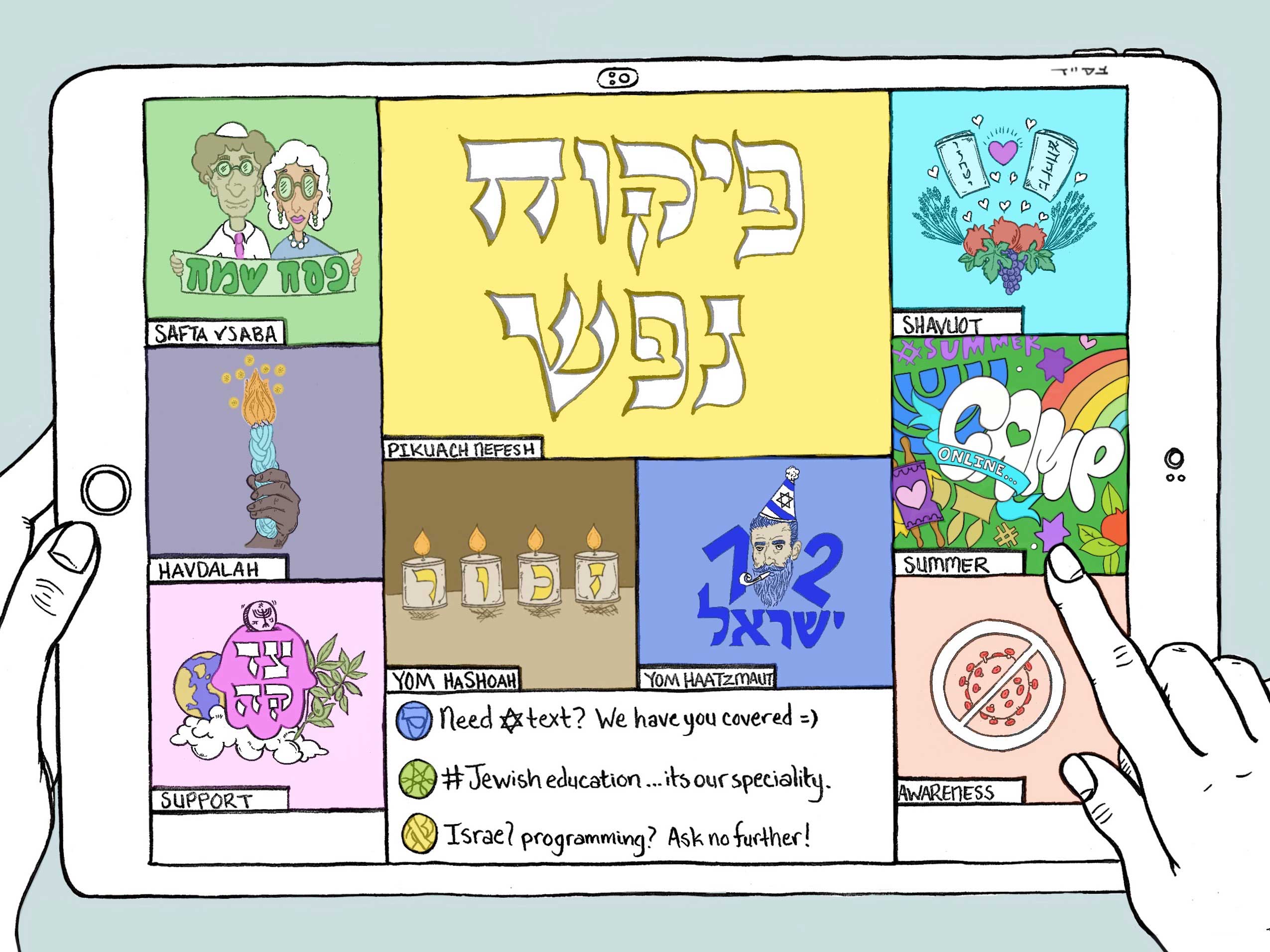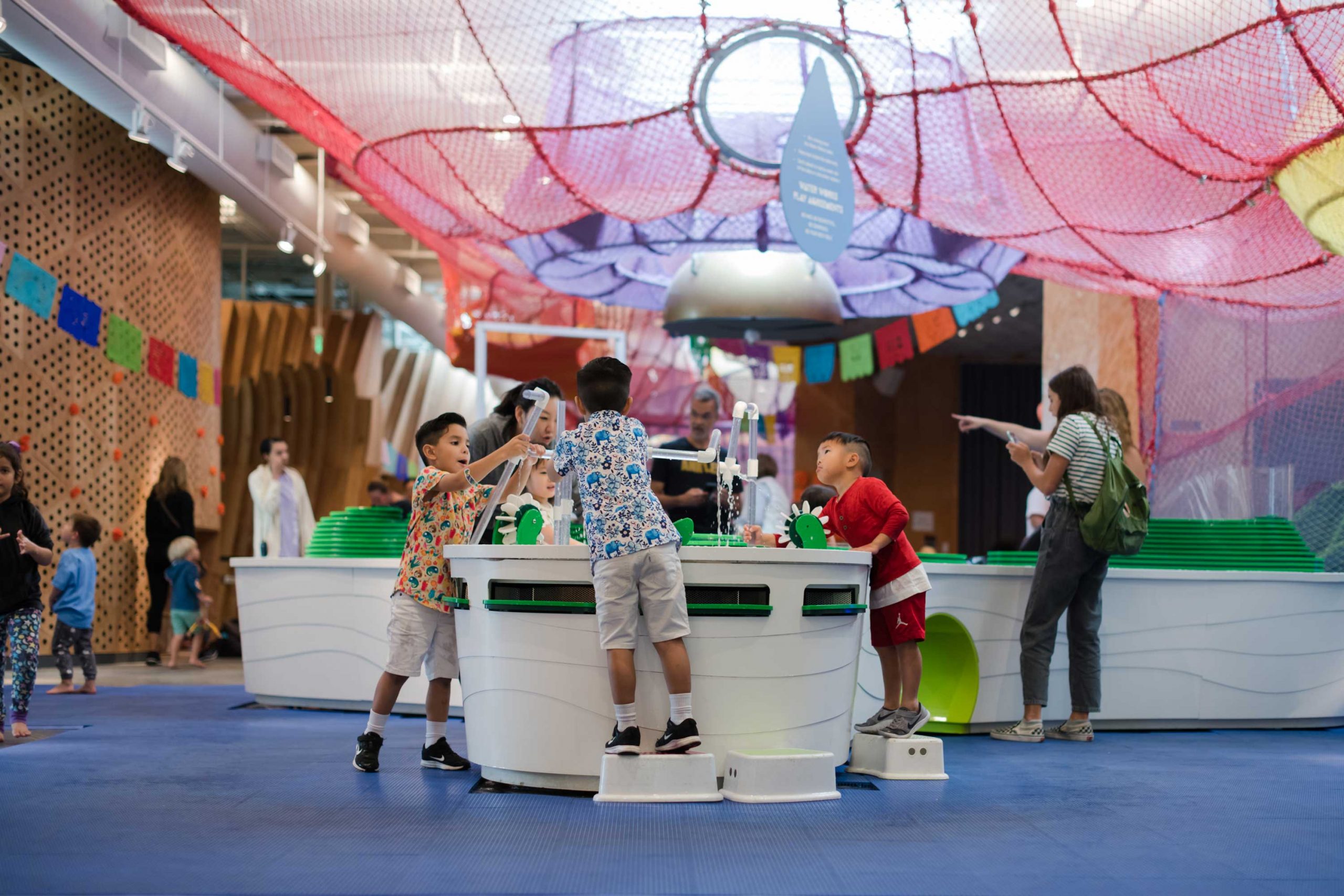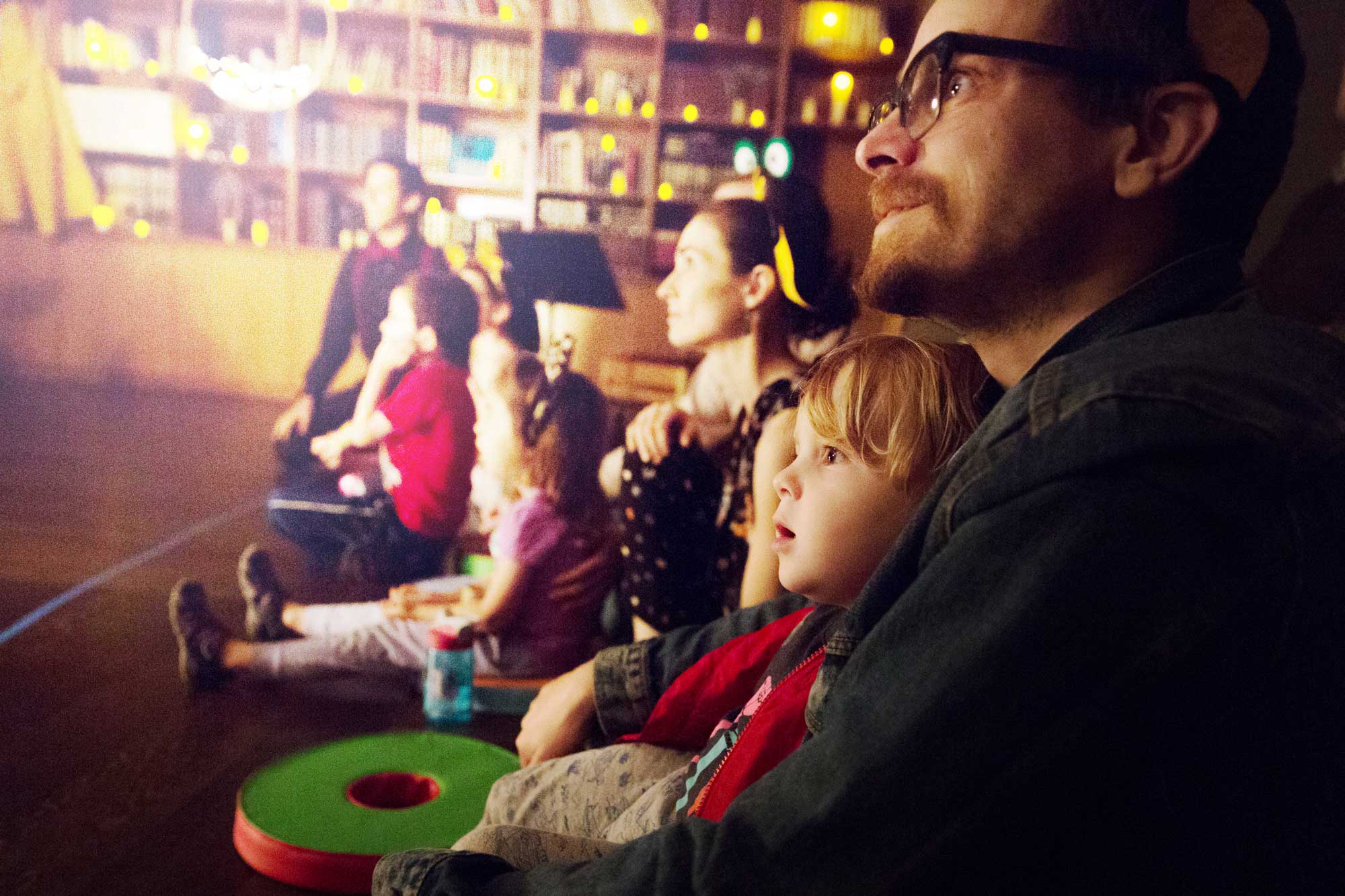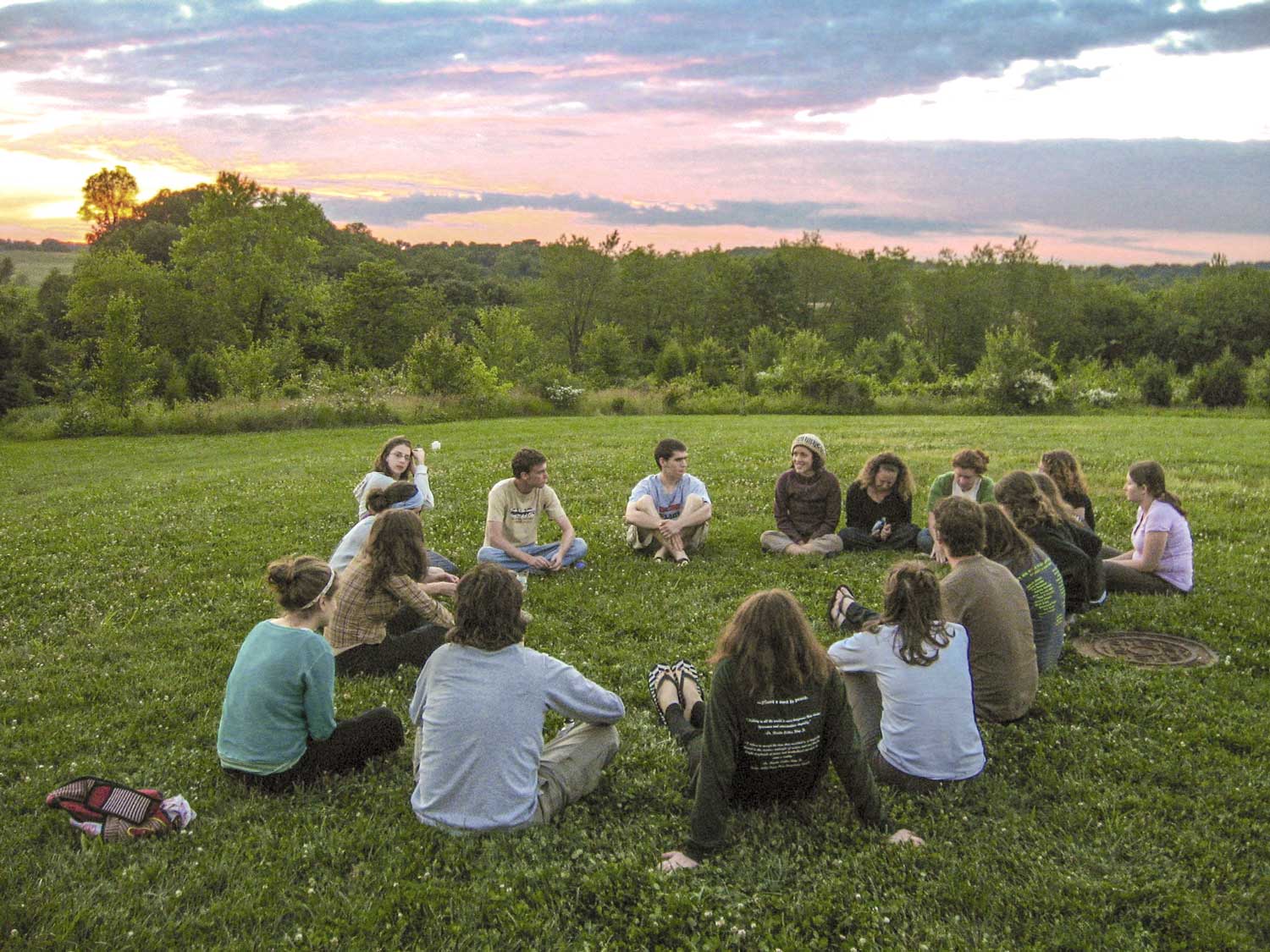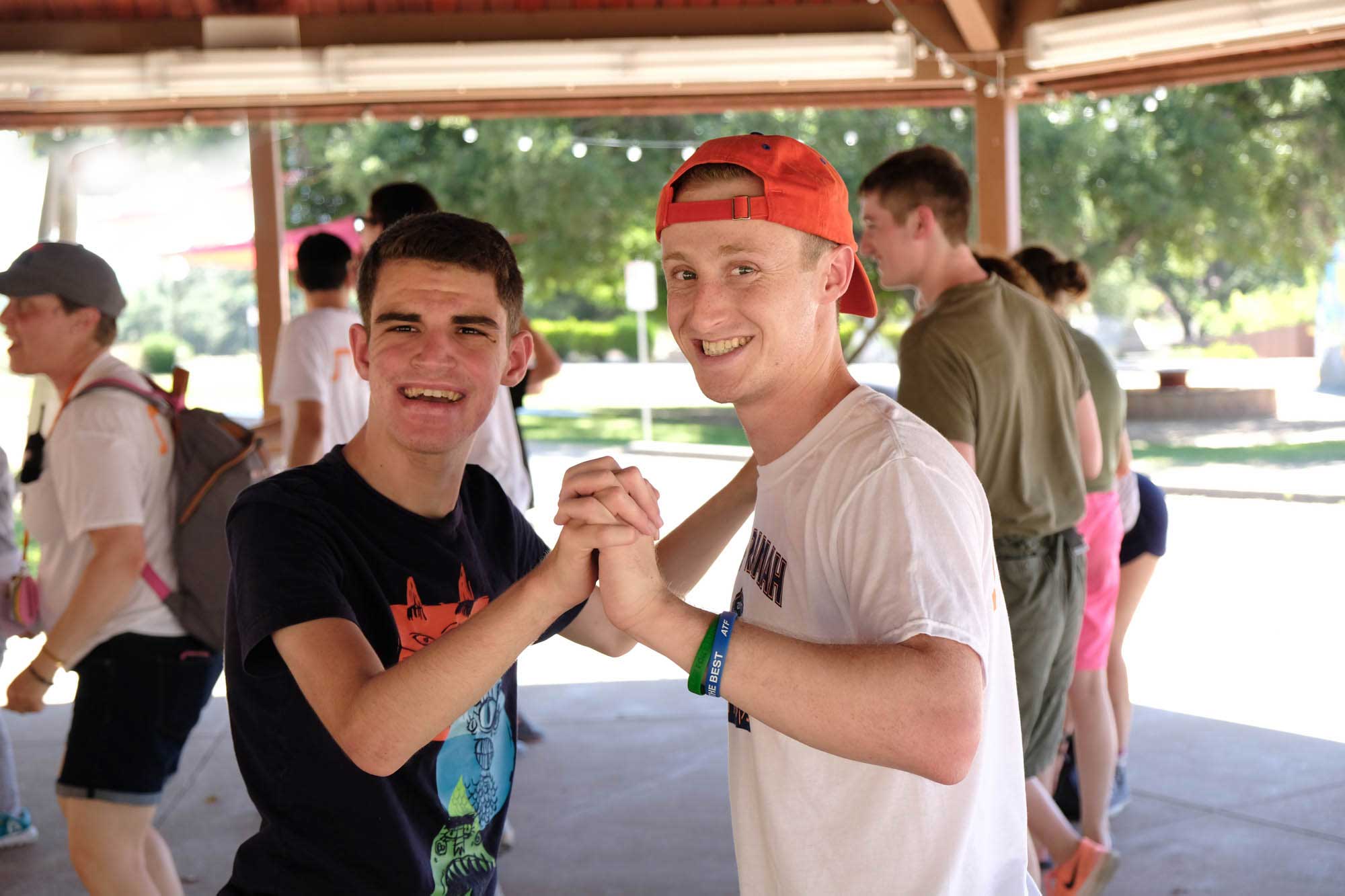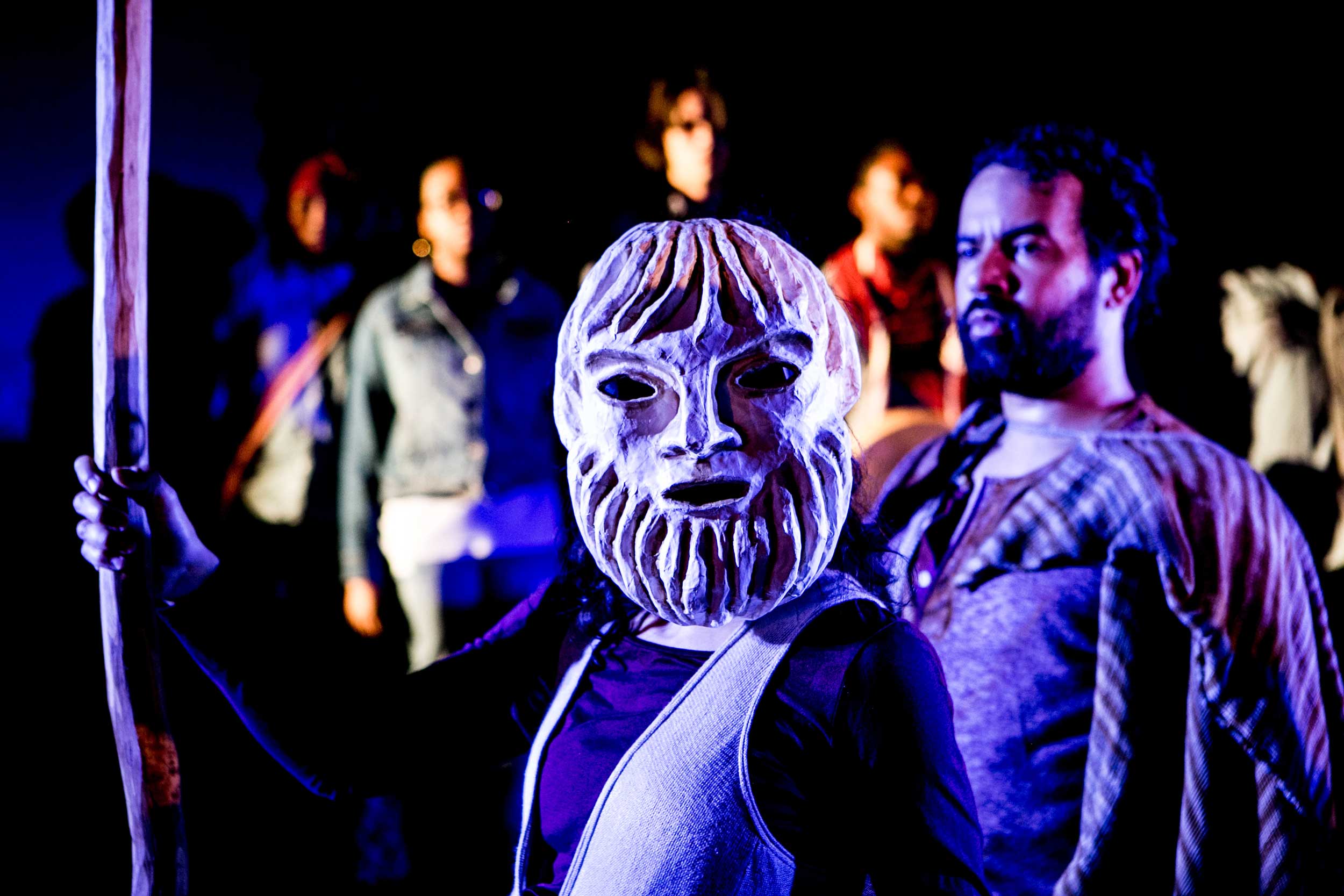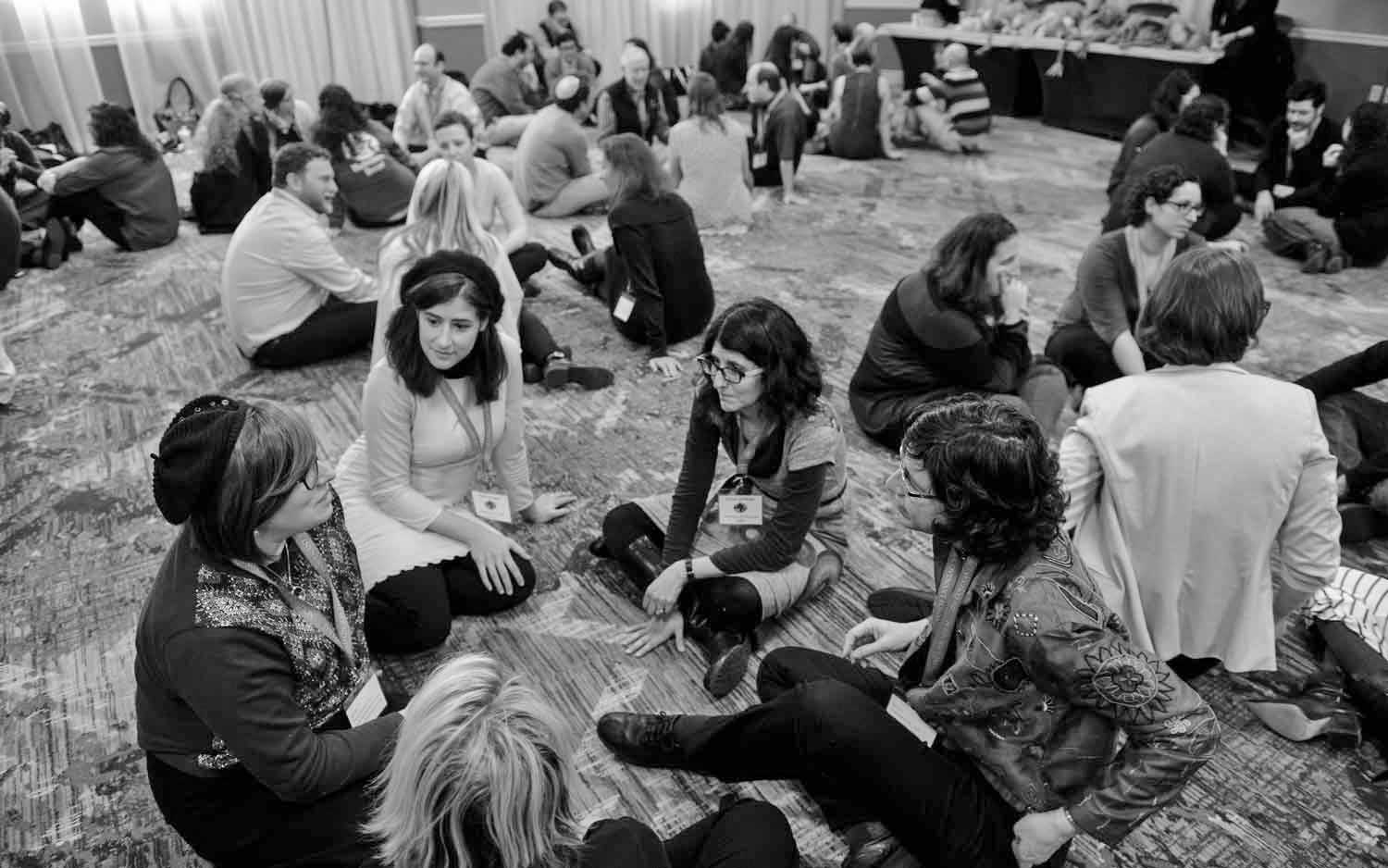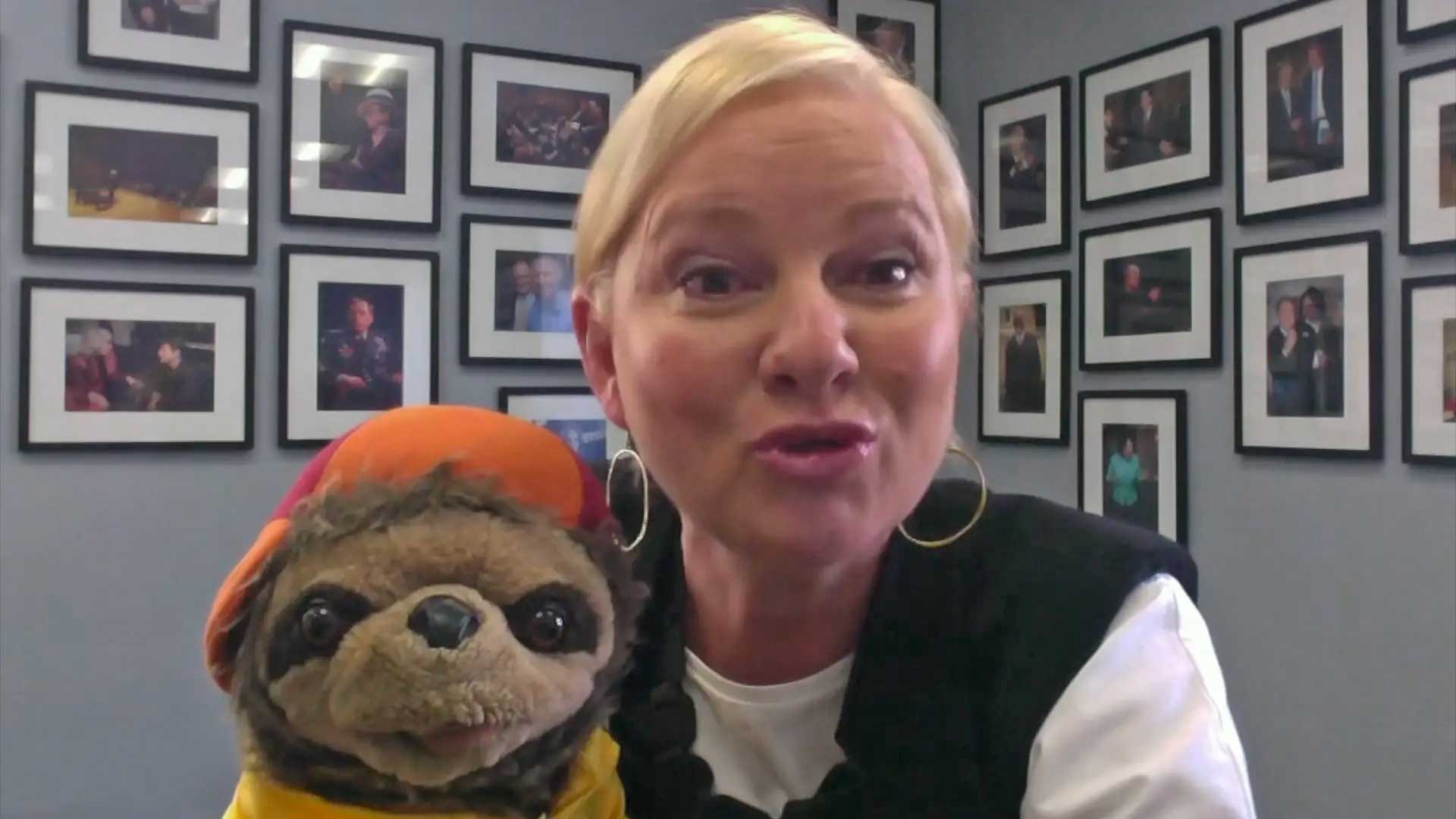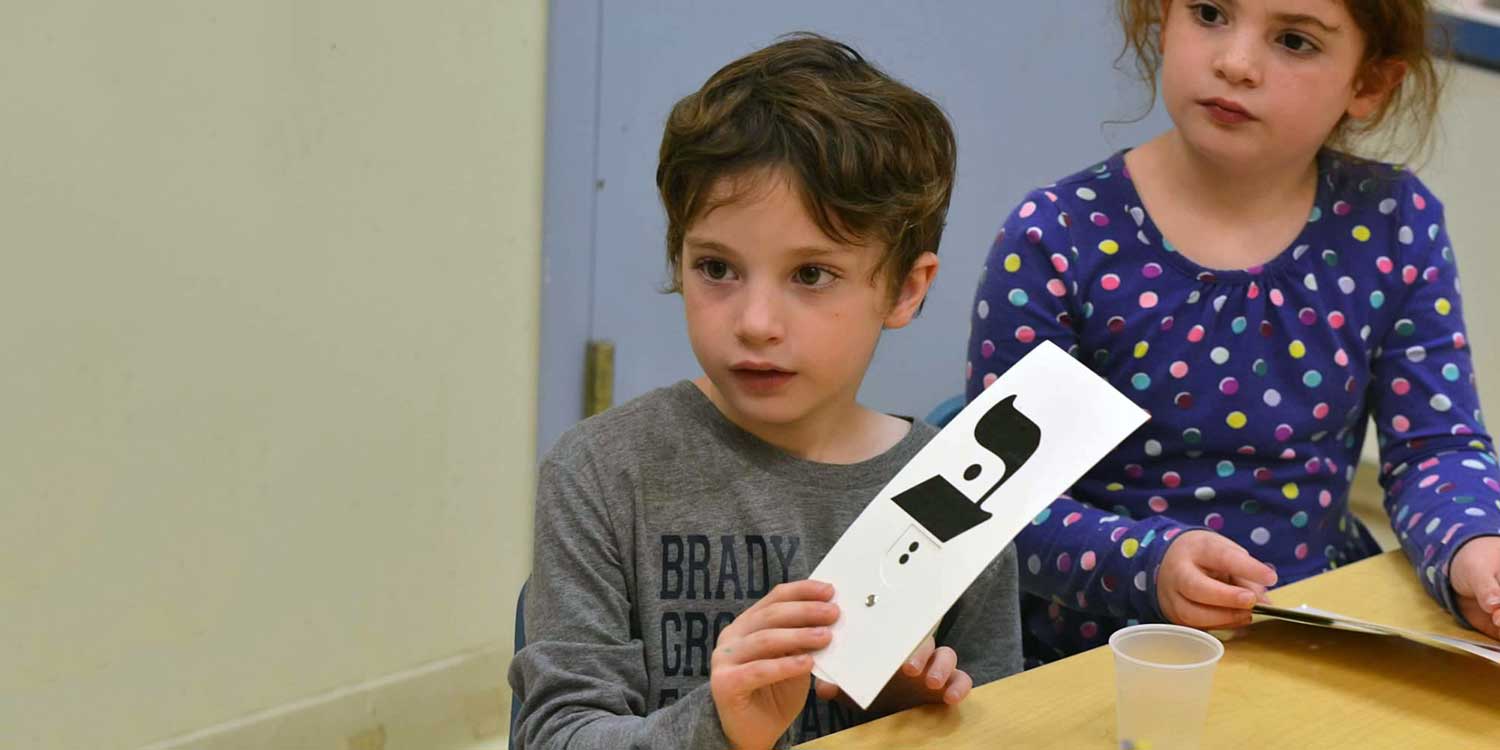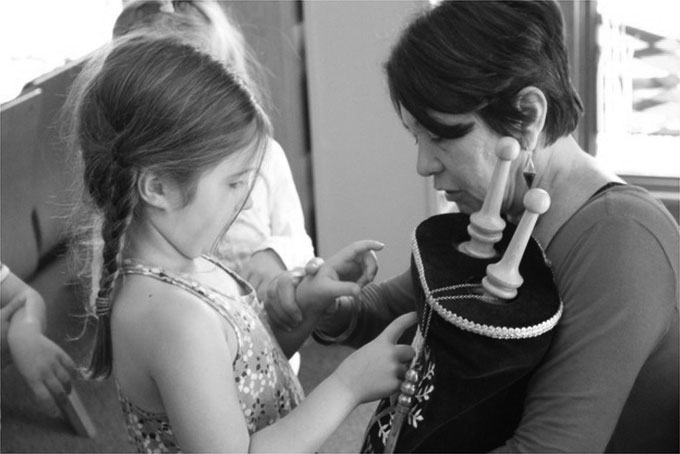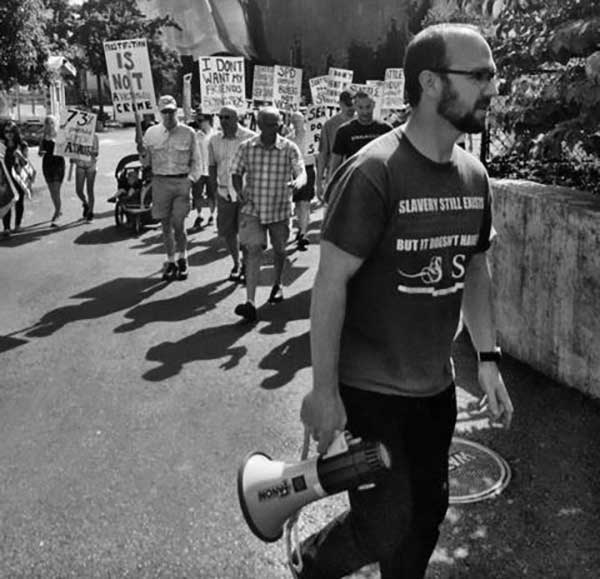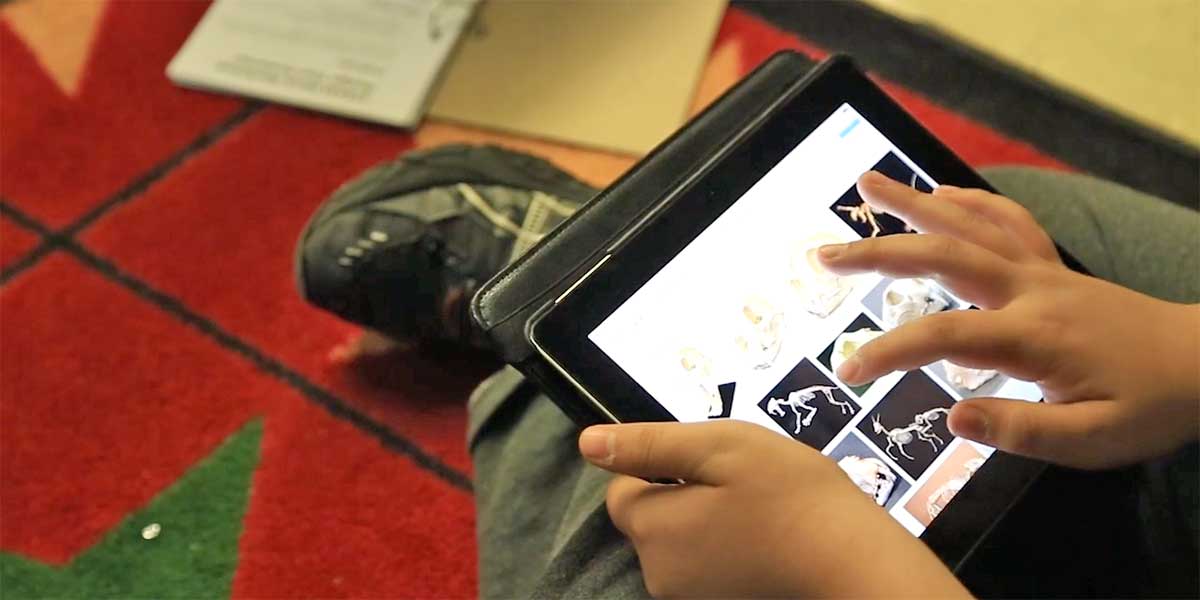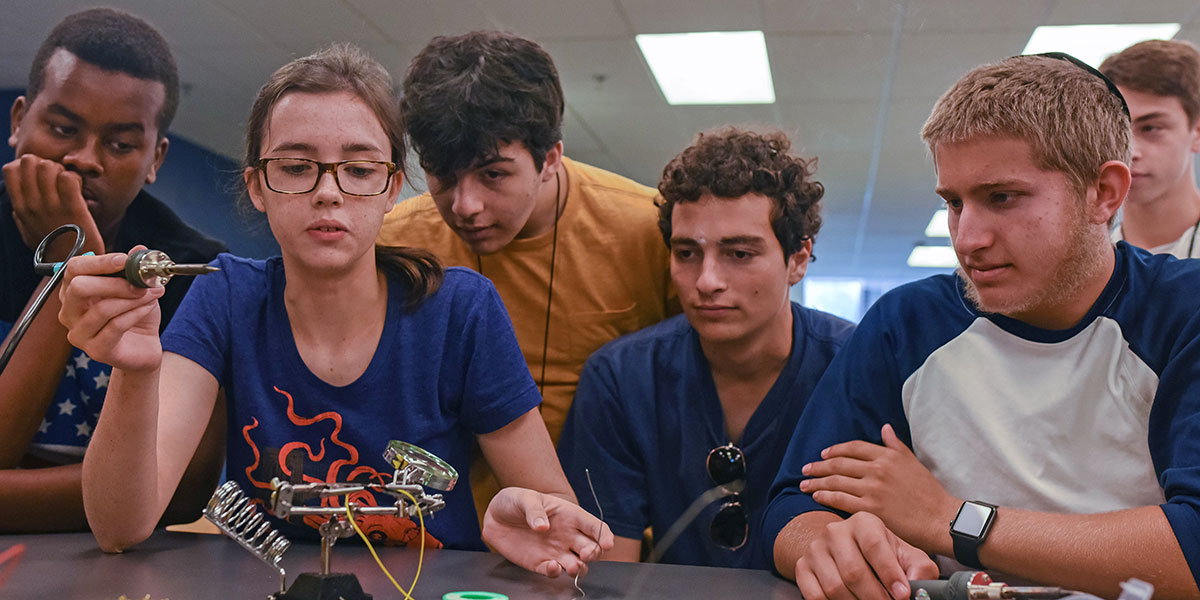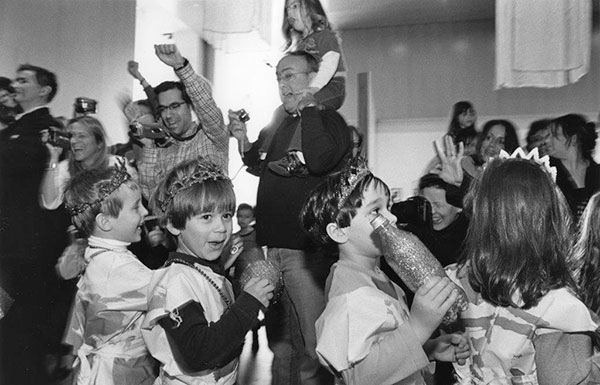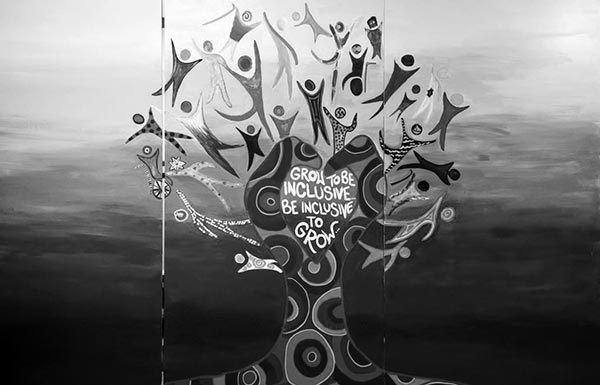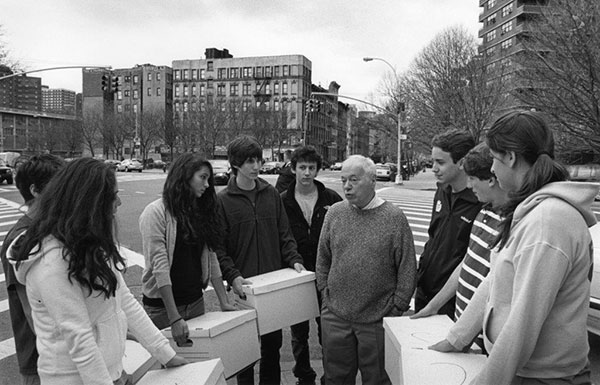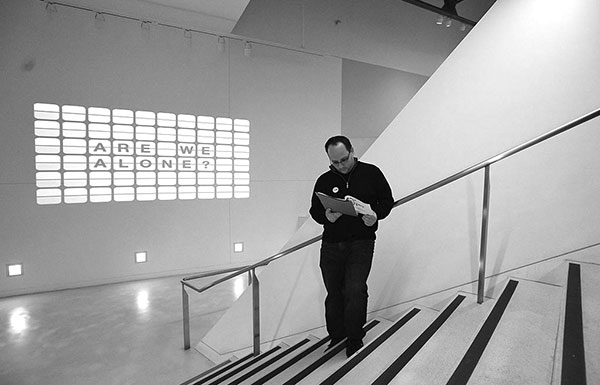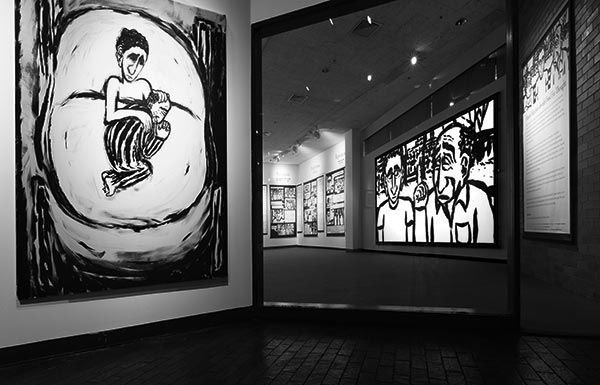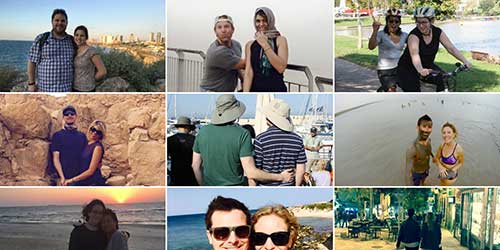
ARTICLE Honeymoon Israel Immerses New Parents in Jewish Community
Avi Rubel is the Co-CEO of Honeymoon Israel, an initiative that takes groups of newly married couples on heavily-subsidized nine-day tours of Israel. Open to participants between the ages of 25-40, and specifically geared toward those who are “confronting the deep questions about their futures and their families’ Jewish futures,” HMI participants tend to be largely interfaith. But regardless of their religious background, a common denominator amongst HMI participants is their desire to deepen their connection to Judaism, through community.
We spoke with Avi Rubel about how Honeymoon Israel responds to and functions to support couples at the very tender stage in which they begin to consider starting a family.
Covenant Foundation: Lets begin by discussing the obvious links. How does Honeymoon Israel intersect with Jewish Early Childhood issues?
Avi Rubel: In some ways, the name of our organization isn’t entirely accurate. Most of the couples that come on the trip aren’t necessarily in the honeymoon phase, but rather, they are right in that spot where they’re thinking about having their first child, and they’ve started thinking about the kind of family they want to create. What kind of values will they instill?
We’re learning that being in this phase is a real motivation for those couples that are applying to HMI. And this makes sense. For one thing, Birthright has created an image in people’s minds that immersive experiences can be very powerful, so couples are turned on by this idea and people in general seem to intuitively understand the power of these experiences. Second, people in early to mid 30’s (33 is our average participant age) are in a hard spot. It’s not easy to make new friends at that stage.
When we interview couples who have applied for the trip, we repeatedly hear the mantra “Wow, if we could meet some couples in the same place as us, it would be a game changer.” We’re tapping into a real need for this population.
CFN: So how does HMI support couples at this stage of life?
AR: For us, our whole purpose—our mission—is to give a couple—through this shared experience of visiting Israel—a community of other couples who are navigating the exact same issues: starting families, finding community support back at home. When you’re in your early 30’s and having your first child, it’s not easy to figure out how to be social, and find community support.
When couples return from this trip, we try to put them in the driver’s seat to build micro-communities at home. Some will get integrated into the larger Jewish community, but most are not necessarily open to that. We do provide some hands-on support through HMI representatives in their home cities, but we don’t plan programming. We find that the HMI returnees are getting together in groups and coming up on their own terms with the ways they’d like to be involved, together. They might decide they want a parenting group, where they can meet and talk about raising kids, or a book club, or a group to learn more about Judaism. We’re working hard at developing resources they can access financially and otherwise, so that we can meet them halfway in their efforts.
CFN: What happens on an HMI trip that helps to foster the closeness you see amongst these couples?
AR: Out trips are not “workshoppy.” Couples get to know each other organically. But we do run a few reflection sessions on the trip where couples can share and be very intimate about the things they’re experiencing as couples, what they deal with back home, and those conversations end up leading couples to feel connected to each other in ways that are hard to achieve in a large city, surrounded by the distractions and demands of work and extended family. Our goals are simple: to help they feel connected to each other and a sense of welcome to Jewish community.
CFN: How are participants selected? What’s the general demographic of the group? And what are you seeing, when you informally study the demographics of those who are applying?
AR: We’ve got about an average of 4 couples applying for every spot. We pick the one couple for each spot that is least engaged in Jewish life. About 70% of our couples are interfaith. About 30% have a partner who is a recent convert to Judaism or a partner who is struggling, not yet clear on how they relate to being Jewish.
We really want to contribute to the Jewish community’s understanding of who the young couples in our community are. Based on Pew Report data, couples that we’re bringing on HMI represent the majority of Jewish couples. We want to be partners in educating the Jewish community, partnering with the community and meeting couples halfway. This doesn’t mean just inviting these couples into structures—like synagogues and JCC’s—that already exist, but understanding that these are people who are actively choosing a different path. They know those structures exist and yet they’re not partaking.
We’re also finding that the paradigm has shifted. In the past, the Jewish community was focused on investing in college-aged Jewish young adults. Then many years would pass, and once those college kids had their own children, they would begin to show up again in Jewish spaces. But now, the window of time is longer between college and child-bearing. We’re beginning to understand the importance of investing in young adults before they arrive at the preschool stage. We’re too early in our research to make an definitive statements but we hope to see, in years to come, that those who chose to participate in HMI are more likely to send their kids to Jewish preschool, Jewish summer camps, or Jewish Day School, based on these experiences.
CFN: What are HMI alumni saying about the impact of the trip on their lives?
AR: Why don’t we hear straight from the participants? Here are some thoughts from one of our San Francisco-area couples, who went on the trip in December 2015:
Talia Gracer and Todd Ryan:
“We applied for Honeymoon Israel because it seemed like an incredible opportunity for us to see and experience Israel together as a couple. I had been previously, and this trip would offer Todd the chance to experience Israel for the first time.
The experience we had on the trip solidified our commitment to teaching our son JB (almost 2 years old now) about the Jewish traditions, incorporating the language and teachings into our daily and weekly routines and it emphasized how important it is for us to integrate into our local Jewish community, enroll him in Jewish preschool, and make sure he understands that he is Jewish.
The community we found through Honeymoon Israel has expanded our opportunities to participate in Jewish life.”
